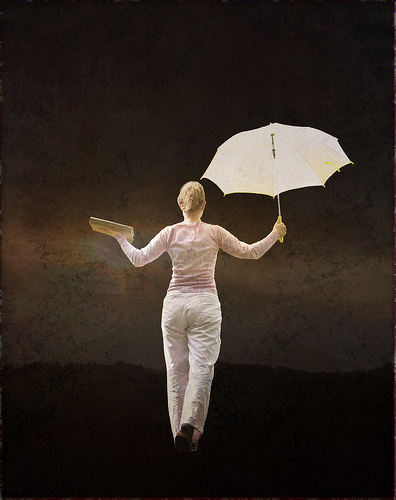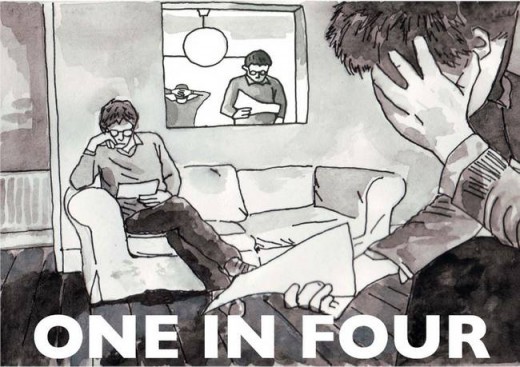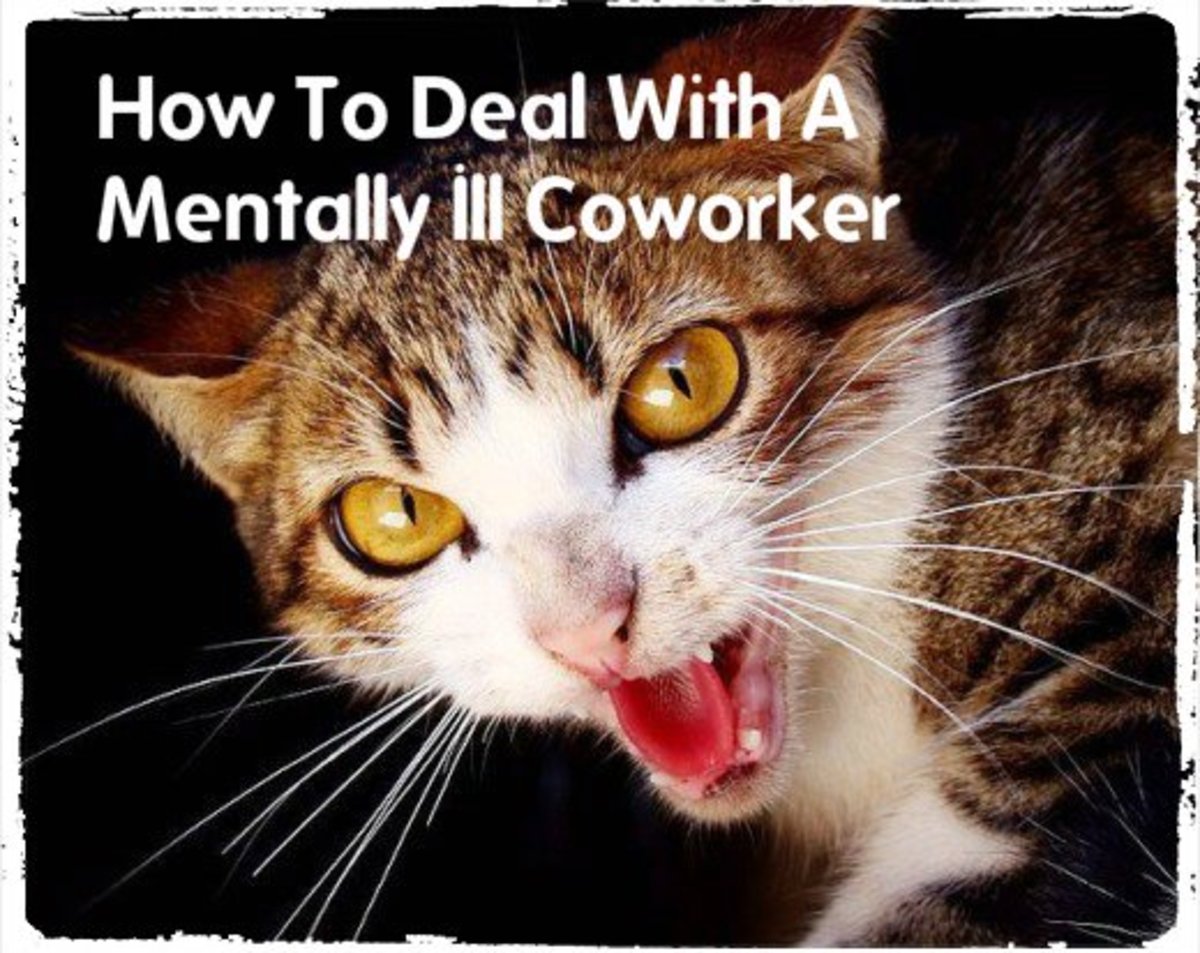Keep your mental health in balance

WHAT IS MENTAL HEALTH ?
The term "mental health" means nothing more than the health of our mind. We can range from feeling well, emotionally solid and balanced to feeling ill with our thoughts, feelings and behaviours changing as a consequence of this illness. We are all performing a balancing act everyday of our life and there are times when we all may need a little support from friends, family or health care professionals, to stay balanced.
Mental health is often confused with mental illness. Imagine I was referring to physical health you would not automatically think "illness" but mention the word "mental" and there are people who immediately think of illness.
It is estimated that one in four people will experience some sort of mental ill health during their lifetime. That is probably significantly more than the number of people who will for example suffer from broken bones. If you are not affected I am sure that you will have a friend or family member who has experienced feelings of stress, depression or anxiety, usually its just for a small part of their lives.
It is important to remember that episodes of ill health can be short lived and that the patient will recover, The illness does not prevent you from acting rationally and effectively and even suffers from sever conditions can be helped with medecine and other therapies. There are probably people that you know or work with who are battling mental health issues but you wont realise .
What are the Issues
If you have mental health problems there are a number of issues. Firstly concentration- it may be difficult to concentrate even just for a short time. Sometimes you might need to take lots of breaks and you will probably need to write important details such as dates and times in your diary as you are so concerned you will forget them.
Low self esteem- you could be lacking self confidence if you have mental health problems. It is good to find someone you can talk to who can help you raise that self esteem. Everybody has got something they are really good at - take the time and find it.
Fear and Anxiety- You can feel anxious in a room where you are not familiar or with strangers. Try to relax, there may well be others there in the room feeling the same as you.
Anger -Try and stay calm. Some people will erupt in anger and become very aggressive, others will sit quietly but they are burning up inside in anger- neither way is very good for your mental health.
Medication- Sometimes your medication may have physical side effects. You might be thinking your mouth is dry and you are thirsty, that could be the medication. If you are having depot injections make sure that you attend at the right time or you will feel ill.
Trust and rapport- there are a large number of people trying to help people with Mental health issues feel better. Take time to build rapport with them but remember good strong relationships don't necessarily happen at the first session
Prejudice and discrimination- there is a lot of discrimination at all levels. Remember its their problem, not yours!

Recovery
Visiting the doctor can enable them to make a diagnosis. It is nice to have a name to your illness. However don't stress on the symptoms too much just consider who you are as a person rather than a range of symptoms
It is really possible to recover completely from mental illness. Sometimes you might relapse when you are particularly vulnerable but search out help then as you will know that you are becoming ill again.
POSITIVE STEPS
We are all encouraged to look after our physical health, eat sensibly, don't smoke, cut down on alcohol but there are also steps we can take to keep our mental health in balance.
Keep Physically Active- exercise can lift your mood
Eating well- eat a range of food, don't forget the 5 a day of fruit and vegetables
Drinking Alcohol- try having three alcohol free days per week!
Value yourself and others- be kind to yourself and relish your achievements- show respect to other people
Talk- its good to talk, talk to someone you trust as they can support you
Keep in touch- meet friends and family, write letters, send e mails, text or phone, just do it!
Care for others-are there people in your community that need help? Can you join a community organisation?
Get involved in your community- have your say- make sure you vote in elections, your vote counts
Learn new skills- however old you are it is not too late to learn something new
Do something creative- Take time to do or learn a skill whether its knitting or picture framing. Make something you can be proud of
Take a break- you need to rest and reflect and refuel
Ask for help- if you can't manage be it something physical or something that is emotional, ask for help from others - you are not weak








